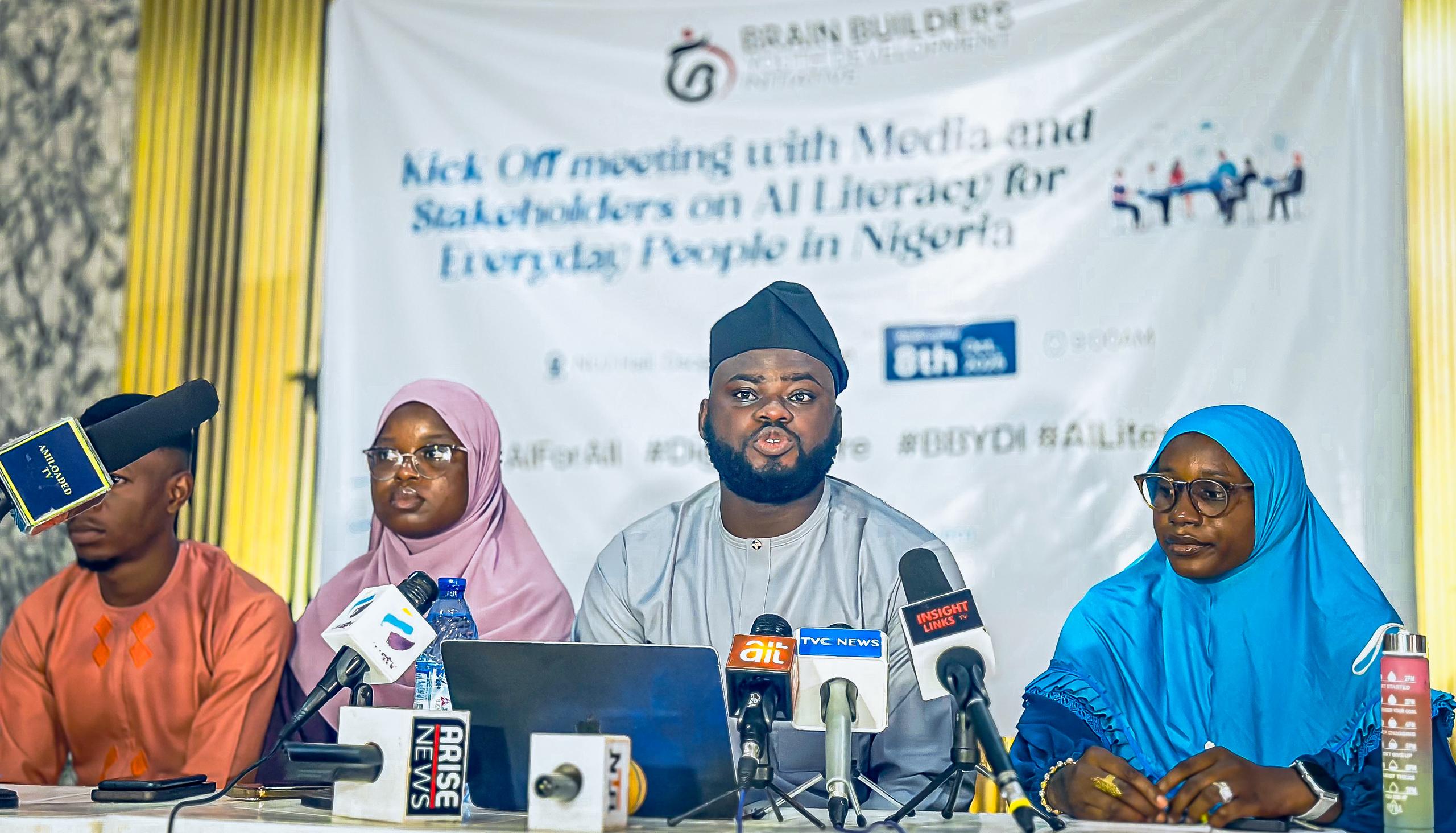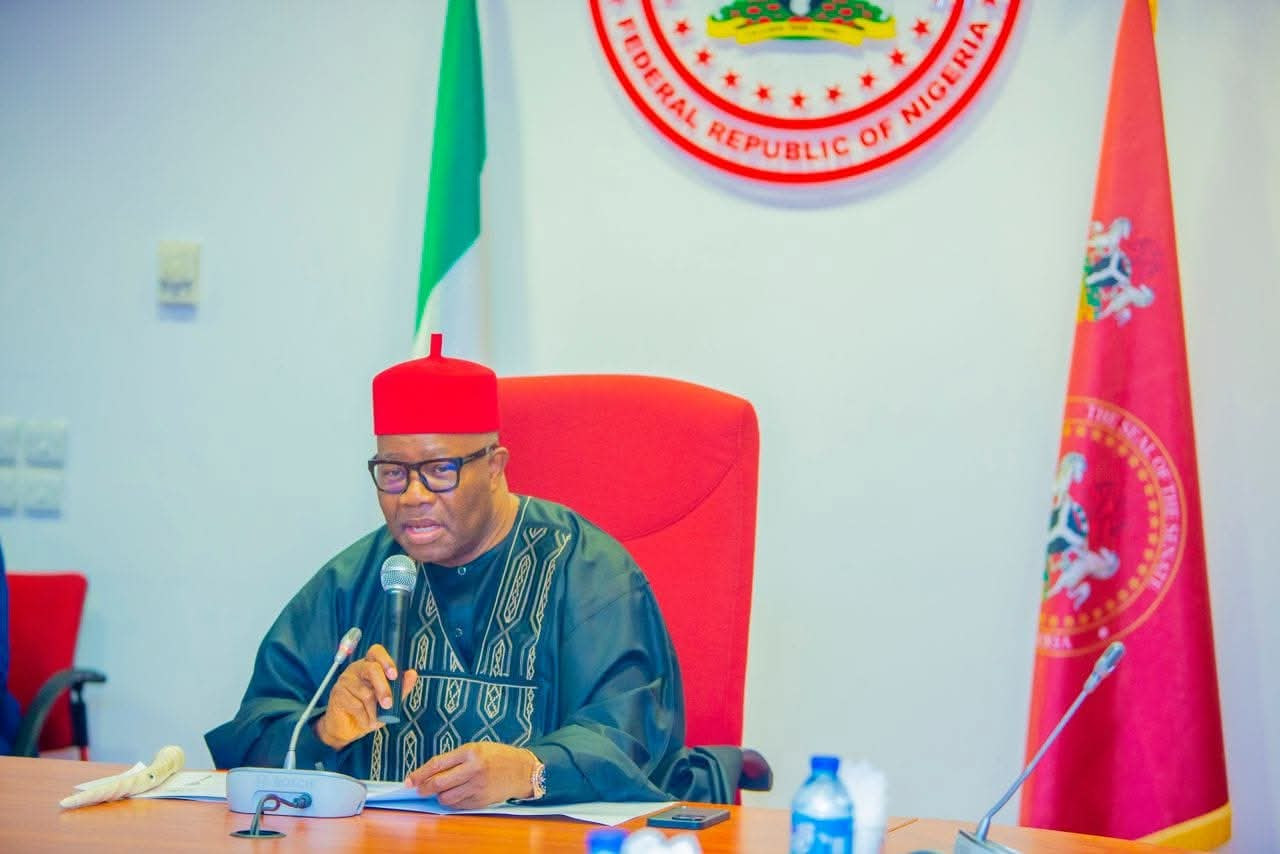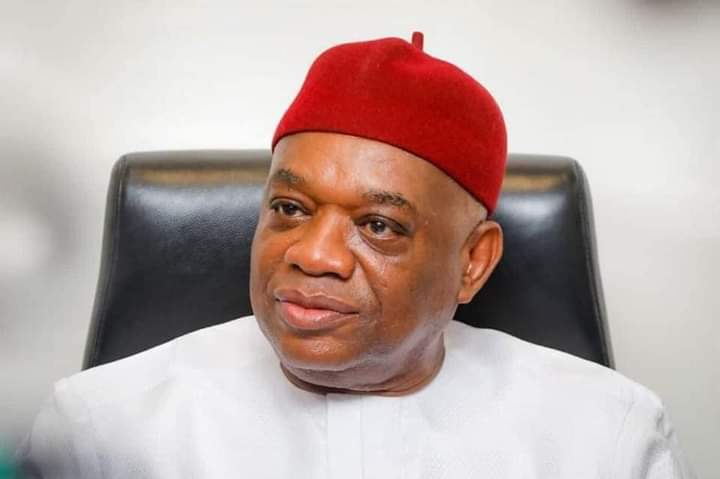139 million Nigerians living in poverty – World bank
The World Bank has stated that 139 million Nigerians are living below poverty line.
The World Bank Country Director for Nigeria, Mathew Verghis, disclosed this at the launch of the October 2025 Nigeria Development Update titled, “From Policy to People: Bringing the Reform Gains Home.”
Verghis, in his address, commended Nigeria’s bold reforms in the exchange rate and petroleum subsidy regimes, describing them as “foundational” steps that could reshape the country’s long-term economic trajectory
World Bank chief cautioned that these macroeconomic improvements had yet to translate into improved living conditions for ordinary Nigerians.
“Despite these stabilisation gains, many households are still struggling with eroded purchasing power. Poverty, which began to rise in 2019 due to policy missteps and external shocks such as COVID-19, has continued to increase even after the reforms. In 2025, we estimate that 139 million Nigerians live in poverty,” he revealed.
The new figure indicates a sharp increase from 129 million recorded in April 2025 and 87 million in 2023, reflecting the deepening hardship among households despite ongoing economic reforms.
In a swift reaction, the Presidency disputed the latest economic report by Nigeria’s biggest multilateral lender, the World Bank, which estimated that 139 million citizens were living in poverty, describing the figure as “unrealistic” and detached from the country’s economic realities.
President Bola Tinubu’s Special Adviser on Media and Public Communication, Sunday Dare, said in a post on his official X handle on Wednesday that the poverty figures must be “properly contextualised” within the limits of global poverty measurement models.
“While Nigeria values its partnership with the World Bank and appreciates its contributions to policy analysis, the figure quoted must be properly contextualised. It is unrealistic,” Dare said.
It noted that when converted to nominal terms, the $2.15 benchmark equals about N100,000 per month at current exchange rates, which is well above Nigeria’s new minimum wage of N70,000.
“There must be caution against interpreting the World Bank’s numbers as a literal, real-time headcount. The estimate is derived from the global poverty line of $2.15 per person per day, a benchmark set in 2017 Purchasing Power Parity terms. If converted nominally, that figure equals about $64.5 per month, or nearly N100,000 at today’s exchange rate, well above Nigeria’s new minimum wage of N70,000. Clearly, the measure is an analytical construct, not a direct reflection of local income realities.









